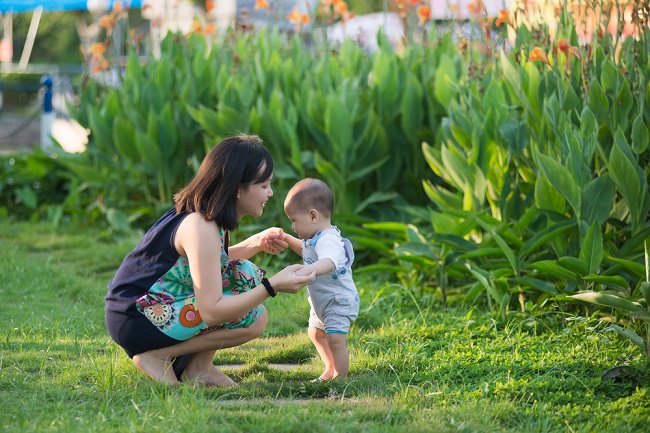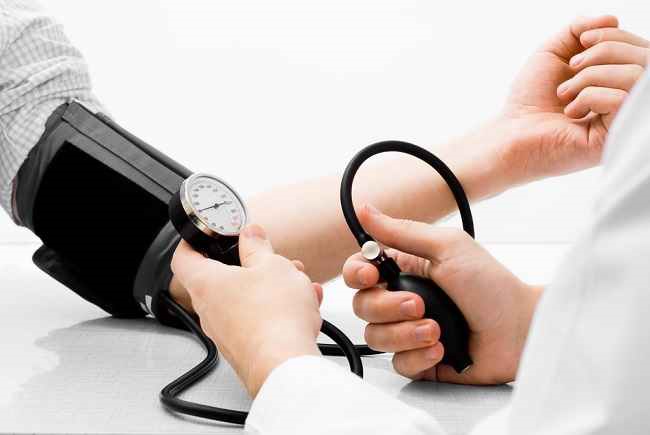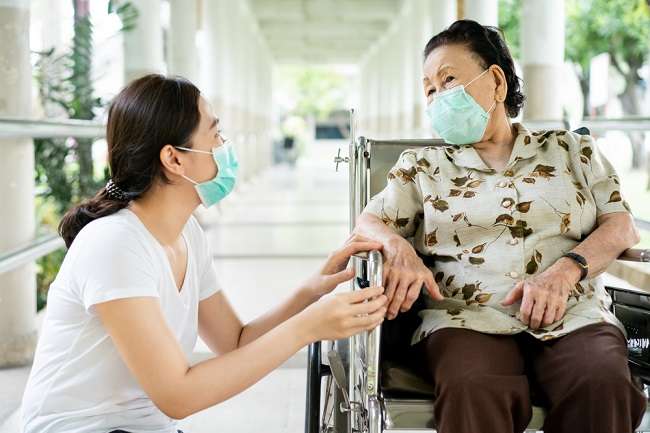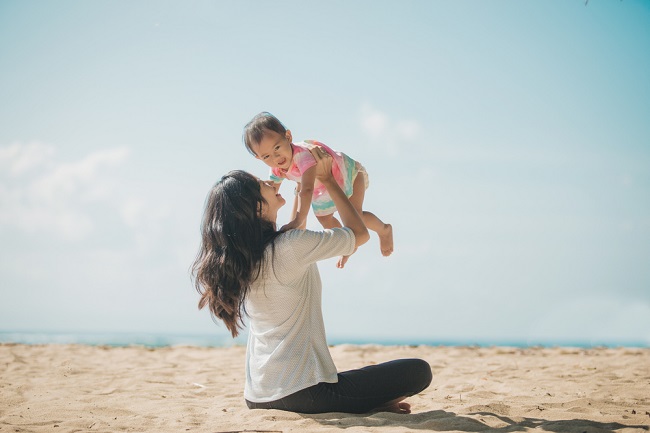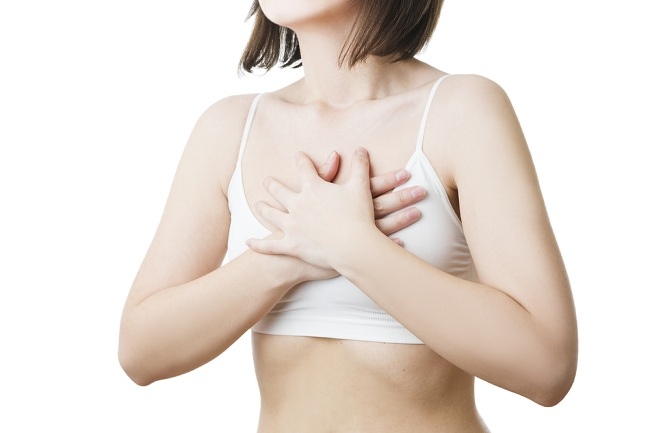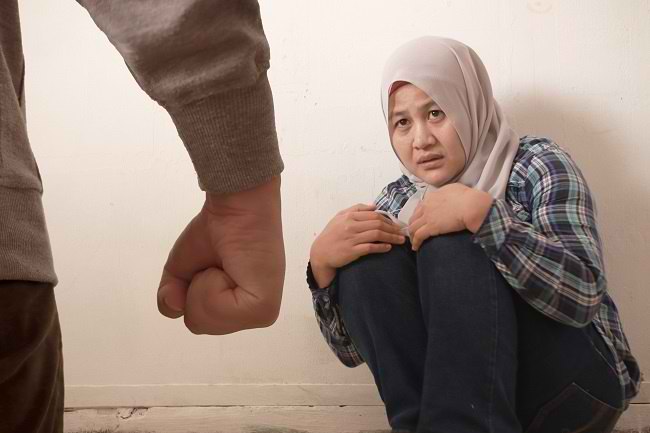Sunscreen or sunscreen usually include the SPF number on the packaging label. However, some people may still not understand the meaning of these numbers. What is SPF? What are the benefits for skin health? Let's find out the answer in the following article.
Sunlight plays an important role in stimulating the formation of natural vitamin D in the body. However, excessive exposure to ultraviolet (UVA and UVB) rays from the sun is also not good for skin health.

UVA rays can cause skin wrinkles and premature aging, while UVB can cause sunburn. Excessive exposure to UV rays in the long term is also known to increase the risk of skin cancer.
Therefore, your skin needs protection when active in the sun. One way to protect the skin from the dangers of excessive UV rays is to use sunscreen which has an SPF during the day.
What is SPF?
SPF or sun protection factor is a number that refers to the level of protection against the sun. The SPF number refers to how long your skin can last in the sun without experiencing sunburn (burnt skin) when using sunscreen or sunscreen.
For example, if your skin normally turns red after 15 minutes of direct sun exposure, it will take 20 times longer for your skin to burn if you use a sunscreen with an SPF of 20. This means that your skin will only look red after 5 hours of sun exposure. .
However, even though you have used a sunscreen with an SPF of 20, it does not mean that before 5 hours your skin will be completely safe and not sunburned. There are many factors that also affect the intensity of UV exposure.
Someone who has white skin will experience it faster sunburn than dark skinned people. In addition, geographical factors, such as being in the highlands, living in an area around the equator, or being at the beach, can also cause sunburn faster.
SPF Number and Benefits in Protecting Skin from UV Rays
The SPF number refers to the length of time that sunscreen can protect the skin from UV rays. The higher the SPF number, the longer the protective effect of the sunscreen.
In addition to the protection time from UV rays, the SPF number also refers to how much UV rays the sunscreen can block. Here is the explanation:
- SPF 15 blocks 93% UVB
- SPF 30 blocks 97% UVB
- SPF 50 blocks 98% UVB
- SPF 100 blocks 99% UVB
People who live in tropical climates or areas around the equator, such as Indonesia, need to regularly use sunscreen when they are active in the hot sun. The recommended sunscreen for use in the tropics is one with an SPF of at least 30.
Tips for Protecting Skin from UV Rays
To protect your skin from harmful UV rays, you are advised to do the following tips:
1. Using sunscreen properlyr
For a better protective effect, you are advised to apply sunscreen at least 30 minutes before activities in the sun.
Many people think that using sunscreen once is enough to protect the skin from sun exposure. However, this is not true. If you are active in the sun for a long time to hours, you need to reapply sunscreen every 2 hours.
If sunscreen the one you are using has a low SPF, you may need to reapply it every 30 minutes or 1 hour. Meanwhile, to protect your skin from UV rays indoors, you also need to use sunscreen, but only once.
2. Choose a sunscreen with a label broad spectrum
Some sunscreens with a certain SPF may only provide protection from UVB rays. To get protection against UVA and UVB, choose sunscreenn that includes broad spectrum or full spectrum.
Meanwhile, sunscreen with SPF below 30 is only able to protect the skin from sunburn, without protecting the skin from premature aging and the risk of skin cancer.
3. Wearing covered clothes
In addition to using a sunscreen with an SPF of at least 30, you also need to wear clothes that cover all parts of your body, such as long pants and long-sleeved shirts.
Don't forget to also wear a wide hat and sunglasses that can block out the sun's rays on the eyes and face.
4. Limiting activities in the sun
The sun's rays will emit the most UV rays from 10 am to 2 pm. Therefore, as much as possible limit outdoor activities during these hours.
Exposure to sunlight in sufficient quantities is good for health, but can also be harmful if excessive. Therefore, if you need to do activities in the hot sun, remember to always use sunscreen labeled broad spectrum with an SPF of at least 30.
Every sunscreen product, has an expiration date or expiration date. To be safer to use, pay attention to the date and remember not to use products that have passed the expiration date.
If you experience an allergic reaction, such as hives and hives, after using a sunscreen with a certain SPF or if you experience symptoms of sunburn, you should talk to your doctor about this.
The doctor will conduct an examination and provide appropriate treatment according to the skin problem you are experiencing.

